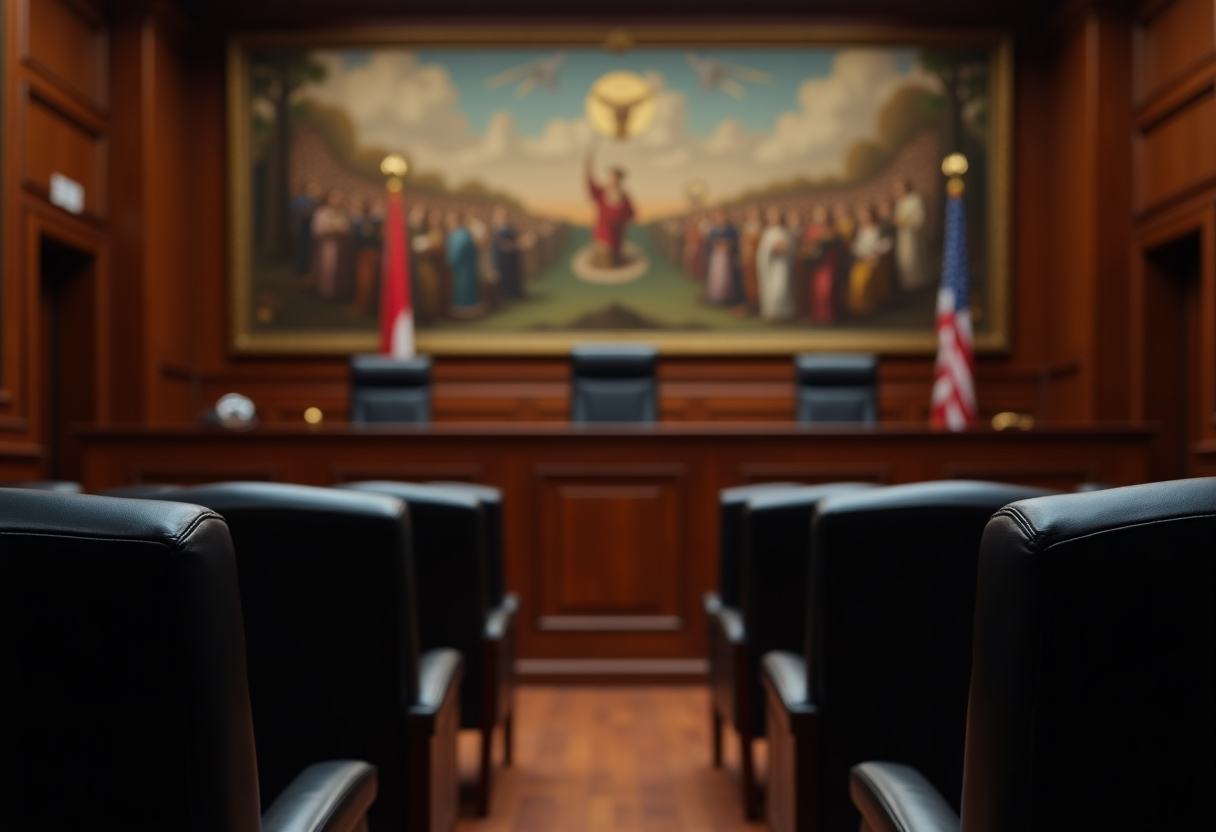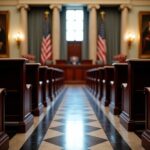Table of Contents
Understanding presidential immunity
The recent developments in the legal battles surrounding President-elect Donald Trump have sparked significant debate, particularly regarding the concept of presidential immunity. Judge Juan Merchan’s decision to delay a ruling on whether Trump’s conviction in Manhattan should be dismissed highlights the complexities of this legal doctrine.
Historically, the U.S. Supreme Court has established that a sitting president is immune from indictment and prosecution, a principle that extends to a president-elect during the transition period. This immunity is rooted in the need for presidents to perform their duties without interference, a concept reinforced by the Presidential Transition Act.
The role of the judiciary and prosecutors
Judge Merchan’s request for input from Manhattan District Attorney Alvin Bragg raises questions about the role of local prosecutors in cases involving federal authority. The legal framework suggests that a single local prosecutor lacks the power to impede the functions of the Executive Branch.
Critics argue that Bragg’s decision to pursue charges against Trump, particularly after the former president announced his candidacy, reflects a politically motivated agenda rather than a legitimate legal pursuit. This situation underscores the potential for conflicts of interest and the need for judicial impartiality in politically charged cases.
Public perception and political ramifications
The ongoing legal challenges faced by Trump have not only legal implications but also significant political ramifications. As the Republican nominee, Trump has adeptly turned the narrative, positioning himself as a victim of a politically motivated campaign.
This strategy resonates with a substantial portion of the electorate, who view the legal actions against him as an attempt to undermine his candidacy. The perception of bias within the judicial system, particularly in a venue where Trump faced overwhelming opposition in the 2020 election, further complicates the situation.
The potential for a reversal of verdicts on appeal looms large, raising concerns about the integrity of the judicial process and its impact on public trust.




